-

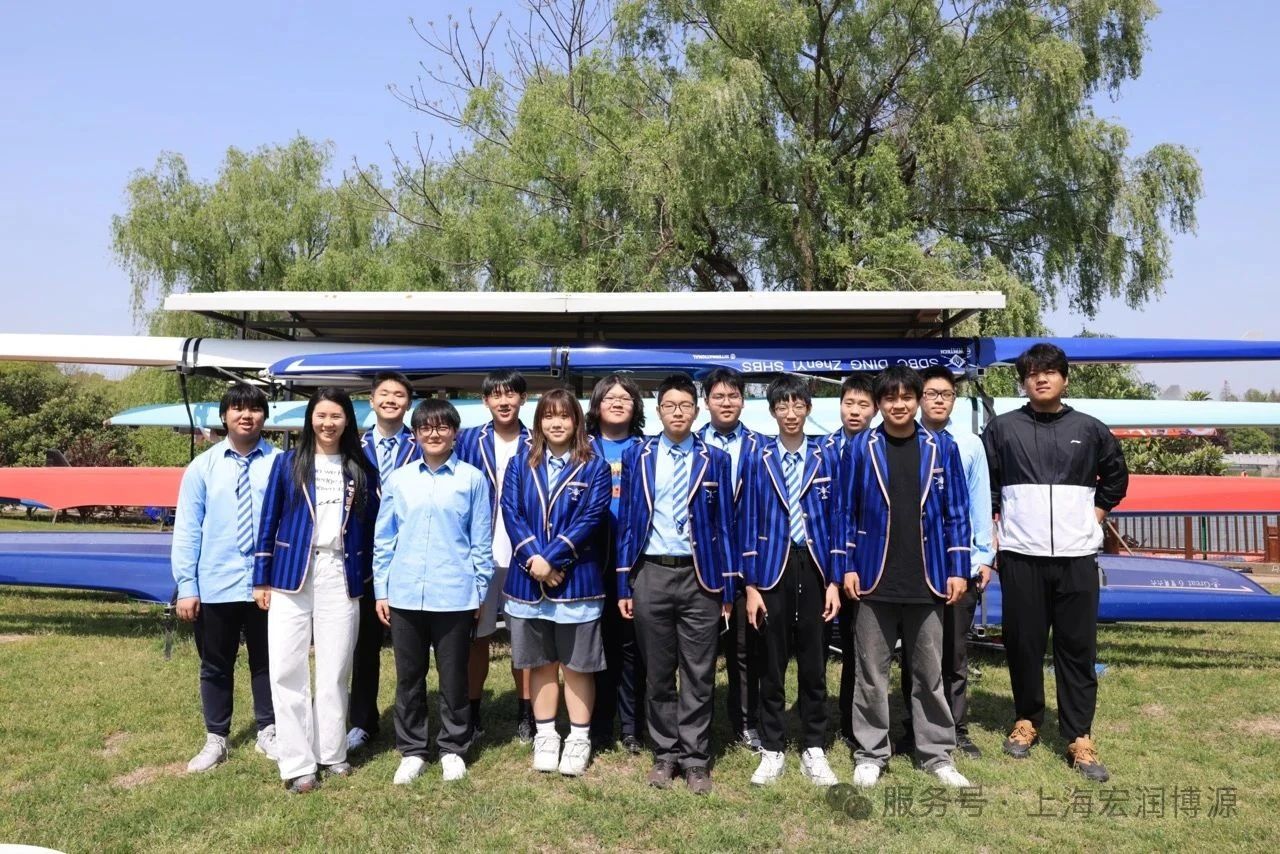 Hongrun Boyuan High School Rowing Academy | Shaping Youth Rowing Teams and Future Leaders2025-06-20
Hongrun Boyuan High School Rowing Academy | Shaping Youth Rowing Teams and Future Leaders2025-06-20 -

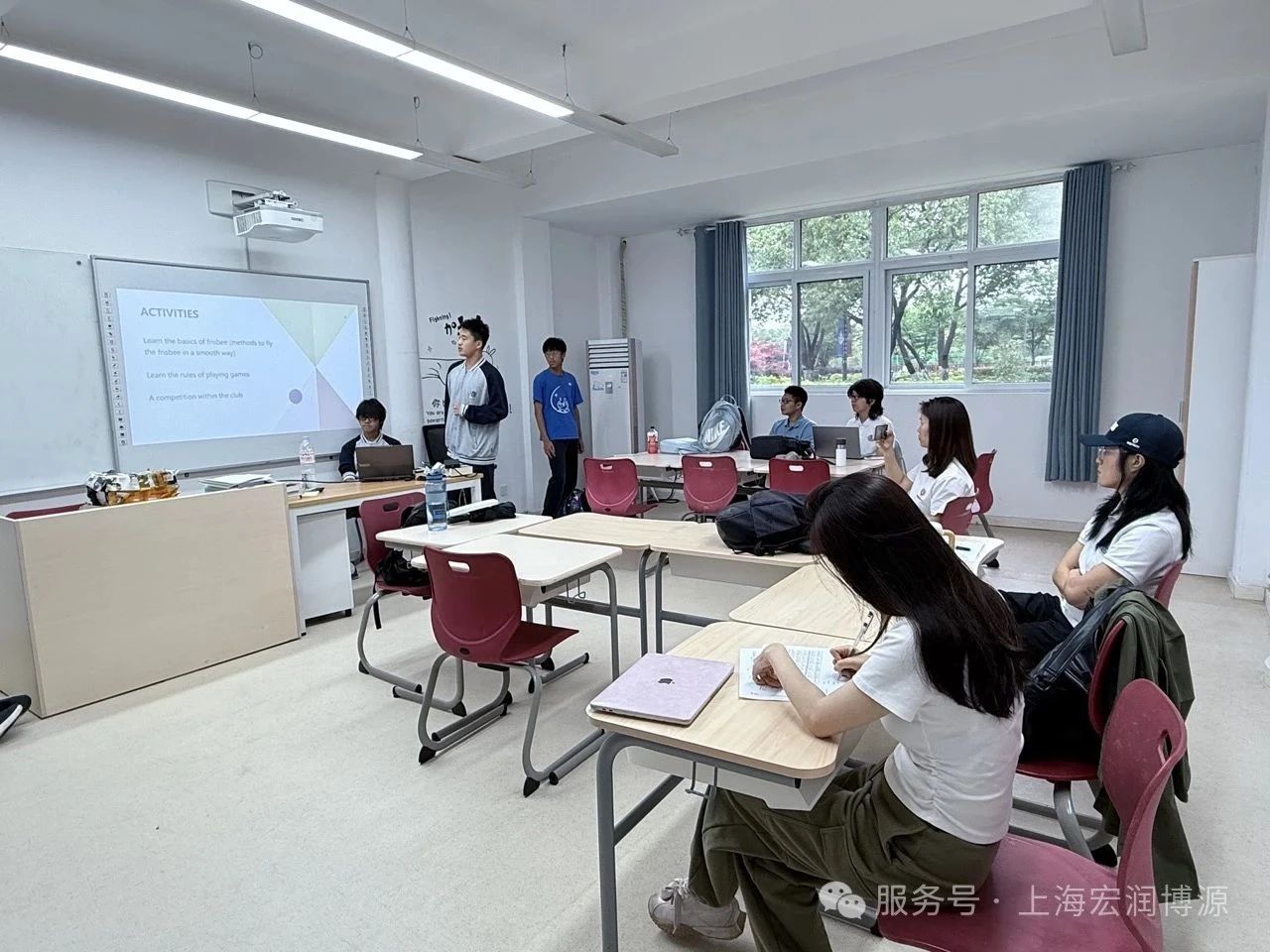 Hongrun Boyuan High School Event | A Flourishing of Talents and Vibrant Energy: 2024–2025 Second Semester Club Summary Report2025-06-18
Hongrun Boyuan High School Event | A Flourishing of Talents and Vibrant Energy: 2024–2025 Second Semester Club Summary Report2025-06-18 -

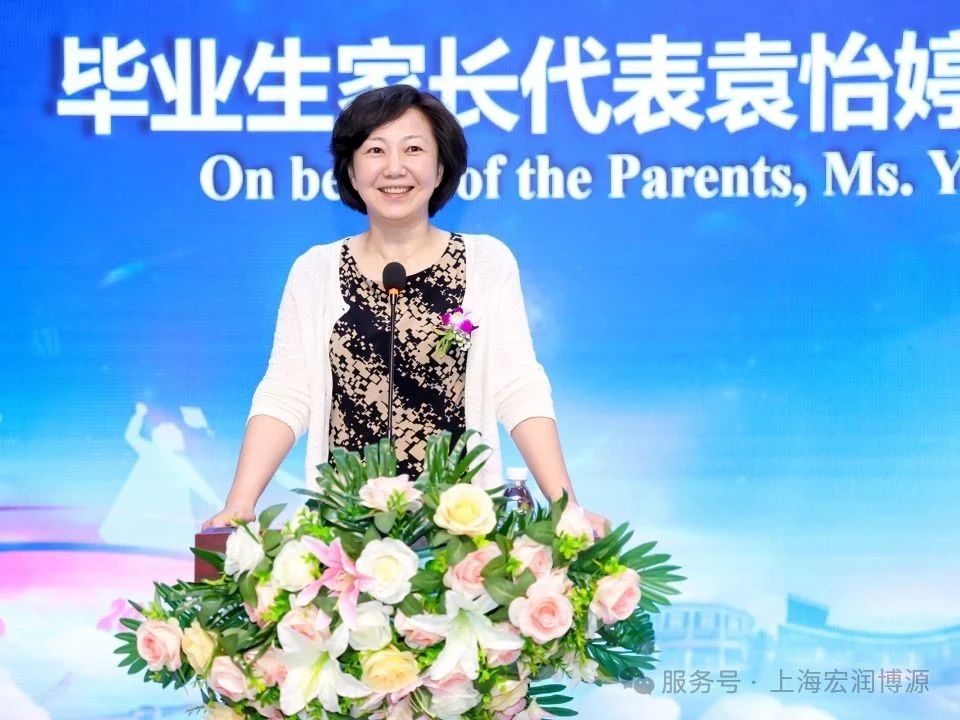 Commencement|Speech by Ms. Yuan Yiting, Parent Representative of the Graduates2025-06-06
Commencement|Speech by Ms. Yuan Yiting, Parent Representative of the Graduates2025-06-06
- 2024-11-27
- Views:691

建设健康上海
Building Shanghai Wellness
Upon learning that this year's theme for BS (Building Shanghai) was health and wellness, our immediate thought turned to our ongoing efforts with the Nice2CU club, which is dedicated to combine education with children from the Qingpu Special Education School. Considering the current societal context, the employment issue of people with disabilities has become a critically important yet often overlooked topic. Thus, we decided to focus on the employment issues of people with disabilities as the main theme for our BS project.
To achieve this, we attempted to complete a standard PBL (Project-Based Learning) process within a week. Through visiting and experiencing, conducting surveys and interviews, academic research and writing, and combining these with social activities such as roadshows and charity sales, we successfully demonstrated that certain disabled groups, with training, are capable of earning a living and establishing themselves in society.
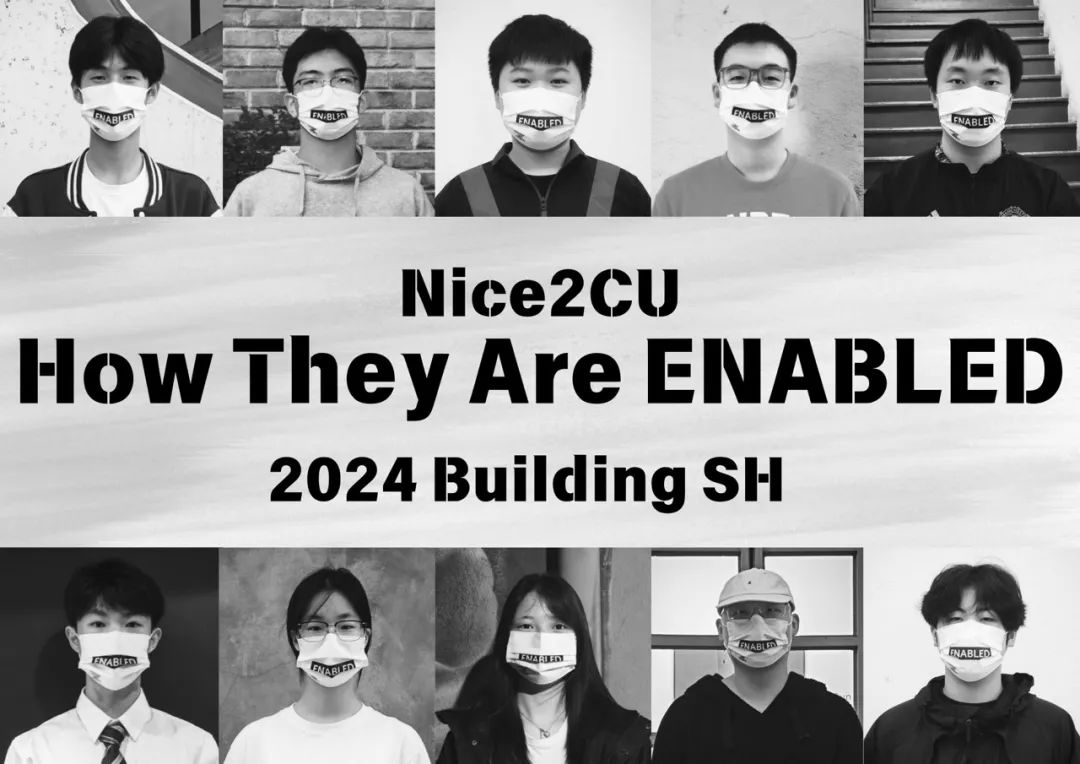
In the preliminary preparations for the Building Shanghai event, we exerted tremendous effort. By making rational use of the resources available to us, we contacted experts and enterprises from various professions and directions for interviews and inspections. Through different avenues and opportunities recognized during social activities and project research, we interviewed the HR of ZuoTingYouYuan, the Autism Research Center of Suzhou University, Bear Claw Coffee, Yu Fo Temple Charity Organization, and the Clover Child Health Garden. With targeted questionnaires and interview questions, we gained a practical and theoretical understanding of the current job-seeking challenges and solutions faced by people with disabilities.
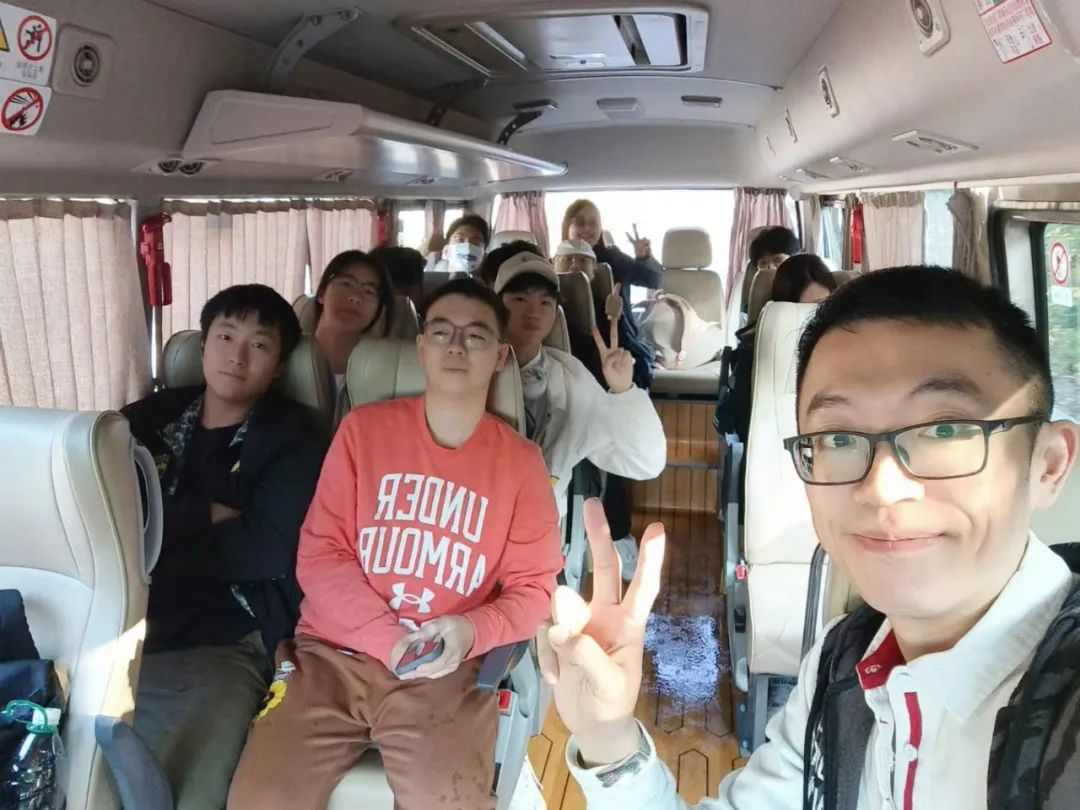
In today's society, the employment issue of people with disabilities is increasingly gaining attention. China has approximately 85.914 million people with disabilities, accounting for 6.16% of the national population. Currently, among those with labor capacity, less than 50% are successfully employed.
Based on the above data, we contacted Ms. Lu, the HR of ZuoTingYouYuan. From her, we learned that this low employment rate limits the economic sources of people with disabilities and exacerbates their marginalization in society. The reasons for the low employment rate among people with disabilities include social prejudice, job limitations, and recruitment discrimination by employers. Most employed people with disabilities are engaged in low-skill, low-income jobs. Insufficient technical and educational levels restrict their participation in high-value-added work, leading to low income levels and lower social status. Some companies exhibit discrimination against people with disabilities in recruitment, which may be reflected in treatment and job settings. Among them, we noticed that people with intellectual disabilities and autism have the fewest employment opportunities and are in greater need of social attention, posing a more challenging problem to solve. This also made us want to focus on the employment of people with intellectual disabilities.
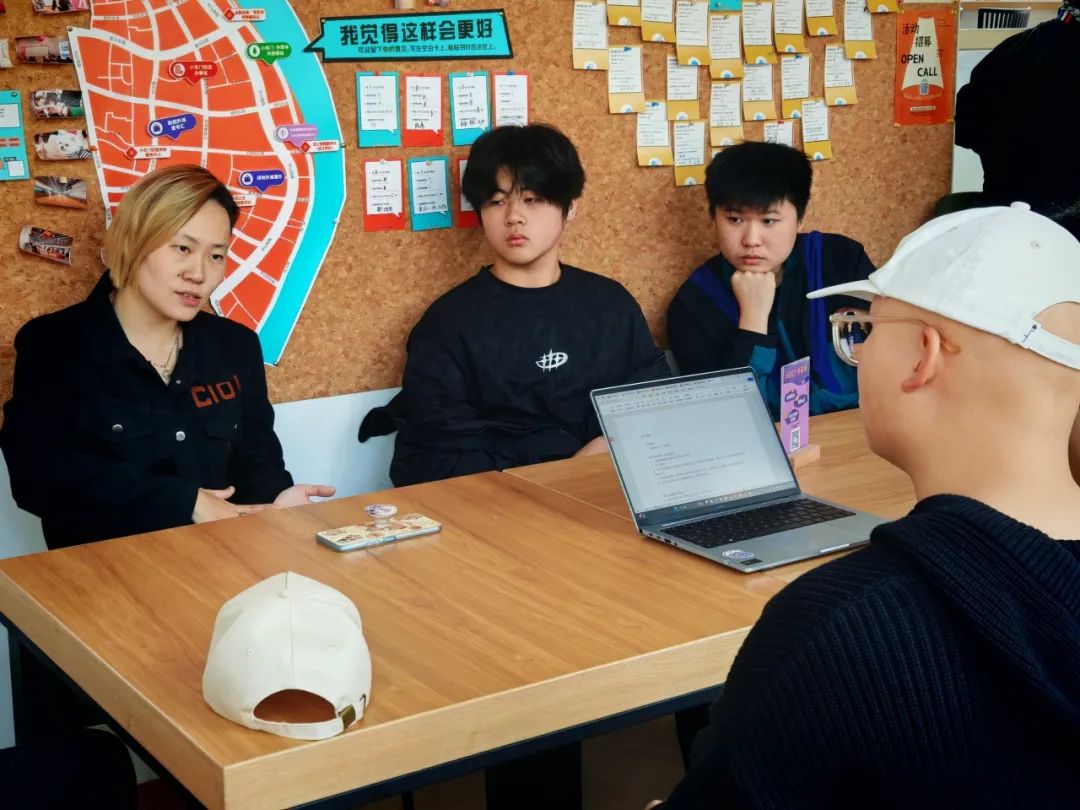
During our online research, we found that Bear Claw Coffee provides employment opportunities for people with disabilities through its innovative business model and helps them integrate into society. With the help of Mr.Yu, we contacted their manager for a brief interview. Their story began with the dream of a deaf coffee master, creating a barrier-free working environment for people with disabilities through a wall, a hole, and a bear's paw design. Over time, they opened branches, allowing more people with disabilities to integrate into society and gain employment opportunities. At the same time, they broke the conventional business design, abandoned the bear paw design, eliminated mental stereotypes, and provided more opportunities for people with disabilities to interact with society through an open coffee-making environment. Such a business model and employment method for people with disabilities are worth learning and drawing inspiration from.
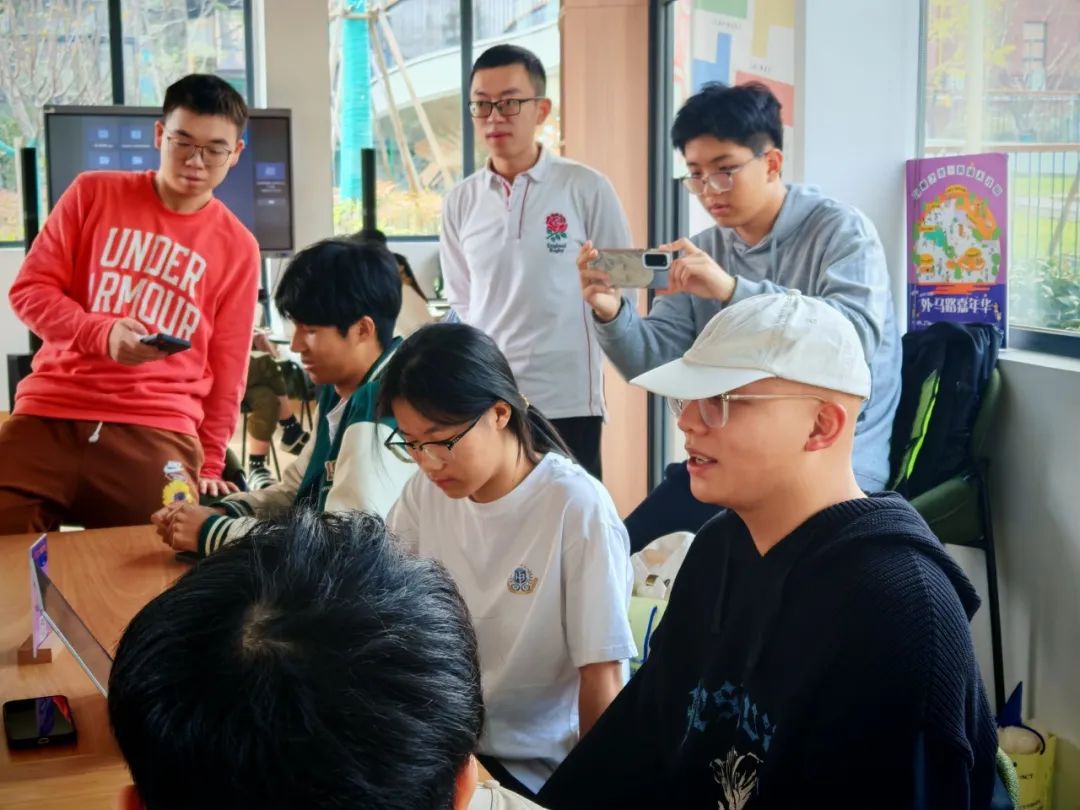
As we confirmed the final theme as a project on the employment of people with autism, we conducted more specialized interviews. Through an interview with Professor Liu Dianzhi, the director of the Autism Research Center at Suzhou University, we learned that the proportion of people with autism is about 1 in 50. They mainly interact with society through rehabilitation institutions and special schools. Communicating with people with autism requires directness and respect, gradually building connections by participating in their activities. Intervention methods and timing are crucial for the development of children with autism, and team intervention is considered the most effective approach. Early intervention can significantly improve the social and cognitive abilities of people with autism, laying the foundation for their future employment. Young people with autism face multiple difficulties in employment, including limited social skills, lower cognitive abilities, and social prejudice. Solving these problems requires the joint efforts of the entire society, including providing an inclusive and respectful environment and offering suitable job positions based on the characteristics of people with autism.

At the same time, we also visited the Clover Child Health Garden in Xuhui District to understand the current situation of children with autism and the possibilities of practical employment. Regarding the rehabilitation possibilities of autism, the teachers of the Clover are pessimistic. At present, only early intervention can help children alleviate the gap brought by autism compared with their peers. What they are doing now is to help children with autism integrate into society as much as possible through different educational methods. Speaking of the current difficulties of autism, Teacher Luo pointed out that the child's maintenance issues and the lack of support after growing up are the top priorities, which can cause dual pressure on families, both mentally and economically. Therefore, we believe that if we can promote the employment issue of people with autism, we can alleviate such pressure to some extent, avoiding the risk of family disintegration.
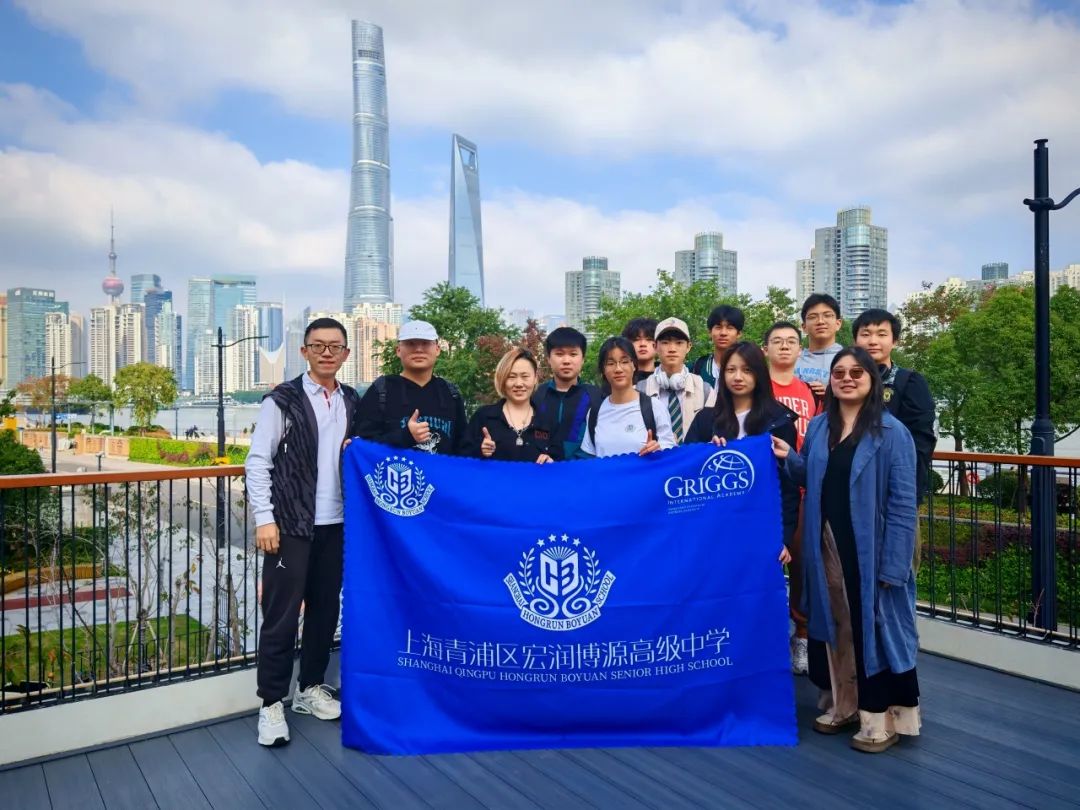
In addition, while the above projects were underway, another team of ours went to the charity fund under Yu Fo Temple, wanting to step out of the vision of our project to explore the society's care for the disabled and even vulnerable groups from a more macro perspective. The foundation has been committed to supporting people with physical or mental defects, especially those with autism, since its establishment in 2015. The person in charge of the foundation said that through vocational training and internship opportunities, they can help them overcome social participation barriers and realize self-worth. When talking about the challenges faced by the foundation, she pointed out that the design and implementation of vocational training, as well as the lack of public support, are the main problems they are facing now.
In the roadshow of street interviews and coffee tasting, we collected more experimental data and interview results. These data results, on the one hand, reflect the difficulties of employment for people with disabilities, but we can also feel the acceptance of the general population towards special groups. More importantly, it also successfully proves that some of them are fully capable of establishing themselves in society (a total of 28 standard feedbacks were collected in the coffee tasting, among which 26 indicated that the product is completely problem-free and has no obvious difference from the products of conventional coffee shops). This shows that people with disabilities should have more space to be embraced, accepted, and recognized.
During the week of Building Shanghai, our schedule was extremely fulfilling, and the experience was rich. For activities that can be covered in the high school stage, our project basically covered all aspects. Of course, this is also an extension based on our daily club practice (Nice2CU), which we have been involved in before, so all aspects of preparation were well-rounded, which is "hard to come by" for the Building Shanghai project. But it is precisely because of such a background and goal that we believe we have truly achieved a foothold in the Building Shanghai project and surpassed it.

This Building Shanghai has shaped our basic concept of the employment of people with disabilities and greatly improved our leadership and communication, exploration abilities. At the same time, we have also planted a seed, establishing our own and the future development and efforts of Nice2CU. Facing the future, we want to go on, to help more people with autism, to strive to help them find employment, to enable them to live a self-sufficient life, and to let Nice2CU grow strong and flourish, eventually becoming a towering tree that can shelter the children from the stars!
文 |
译 |
排版 |
G11 Kevin Zhong
G11 Kevin Zhong
Jang








